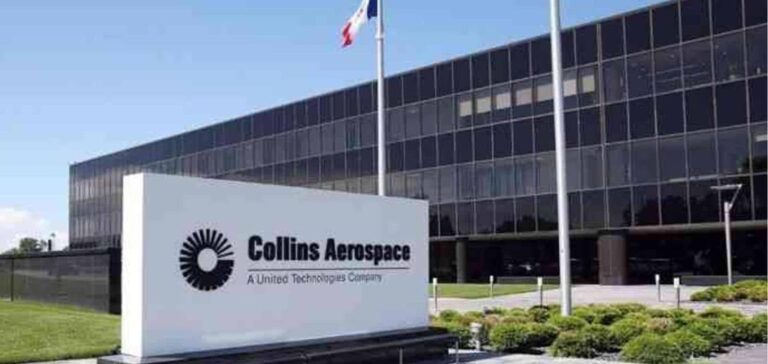Nel Hydrogen US, a subsidiary of Norwegian company Nel ASA, has received a purchase order worth $6 million (approximately NOK64.6mn) from Collins Aerospace for the supply of proton exchange membrane (PEM) electrolyser stacks. These units will be used by the United States Navy to produce oxygen onboard submarines.
The contract includes delivery over several years, with initial shipments expected in late 2025. Although the number of stacks involved has not been disclosed, production will take place at Nel’s industrial facility in Wallingford, Connecticut. The order is part of a series of similar deliveries under the existing cooperation between the two companies.
A long-term industrial partnership between strategic suppliers
Collins Aerospace, a subsidiary of RTX Corporation (formerly Raytheon Technologies), is a major provider of aerospace and defence technology solutions. Nel Hydrogen US holds an exclusive agreement with the company to supply equipment for underwater oxygen generation. The use of PEM technology ensures continuous and safe oxygen production in confined environments such as submarines, where reliability is critical.
Nel ASA’s Chief Commercial Officer, Todd Cartwright, stated that this new order “reflects the strength of [their] manufacturing capabilities and the proven reliability of [their] technology.” He also noted the longstanding relationship between the two groups in this specific application area.
Production capacity and exposure to the defence market
The manufacturing of PEM stacks in Wallingford is a central part of Nel’s industrial strategy in the United States. The site was established to meet growing demand for high-performance electrolysers, including from institutional or military clients. The current order further increases Nel’s visibility in the US defence sector, which operates under strict performance and compliance standards.
This agreement adds to Nel’s expanding order portfolio in the electrolyser segment, independent of hydrogen production for mobility or industry, highlighting the technological versatility of PEM electrolysers in critical sectors.






















